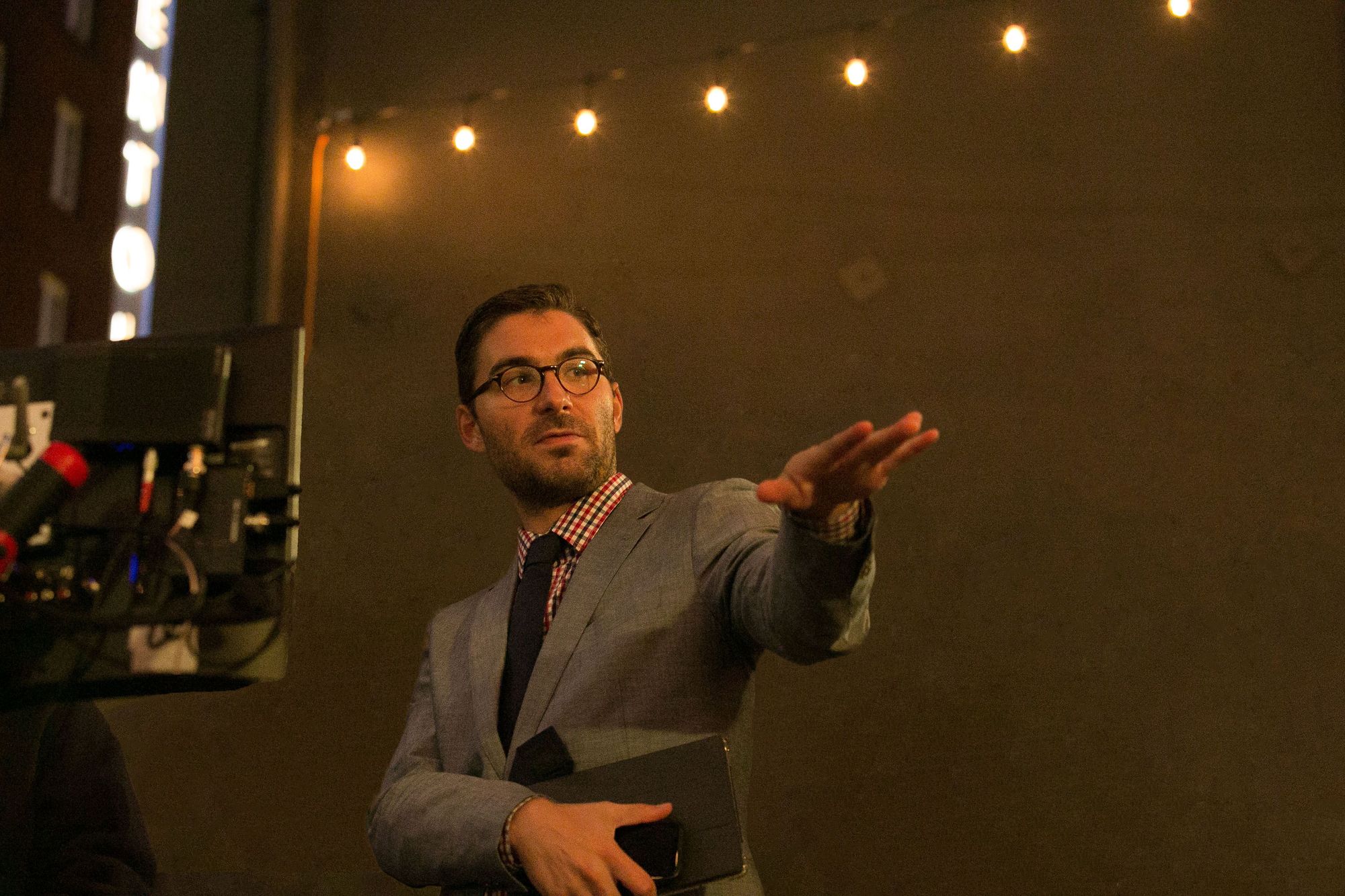
A Pure Moment: James Kicklighter and "The Sound of Identity"
The artist. Often misunderstood, and whose journey is rarely appreciated.
At first glance, one may assume the documentary The Sound of Identity will be a deep dive into the trans world of opera from the vantage point of Lucia Lucas—the first trans opera singer in the world to play the role of Don Giovanni. But instead of a singular view, director James Kicklighter exposes a rich perspective of a complex woman with an untraditional path, who strives to move people with her performances—to evoke emotion.
Being trans is the B story. Lucia’s heart is the focus.
I’ve interviewed many artists and watched countless films, but this one is ... indescribable. It’s a profoundly important documentary—dare I say, the most life-altering film experience I’ve had in years. I cried. I even teared up when I began speaking with James. I double-dog dare you to watch this film and not feel.
*This interview was edited for content and clarity.
The challenge of a doc lands on structuring hundreds of hours of content. As James watched his subjects, the choice of how to structure the story to build tension and raise stakes for every character became clear:
“Trans opera singer makes history at Tulsa Opera. That's the logline. But that's not the story. The story is much deeper and more complicated. I saw all those different elements as sort of a multi-layer cake. I needed to juggle each of those story threads so they converged into one singular story by the time we get to the third act. And that, for me, was a really challenging, perhaps risky, creative thing to do.
“The emotional core of this story is about reconciling the person you are versus the person you want to be. If you strip away everything else—if you take away the opera, or being trans, her thoughts about identity, being an artist—it's really a story about someone who had this moment when they were eight years old, and how that totally changed the trajectory of their life. It's a universal story I think a lot of people can relate to. My dad died when I was 12, so I kind of related to it in a different way.”
“In any opera there’s an emotional core—if we can find what that is, it’s timeless.” – Lucia Lucas
Opera isn’t exactly a popping medium. But James manages to present it in a way that makes any artist relate to the struggles of doing what they love. When Lucia belts her stunning baritone voice, we quickly forget the sounds are coming from anyone other than a remarkable opera singer. We’re mesmerized.
“You don't think of opera in a modern context. That was the first challenge. How do you make this accessible to an audience? This is the story about an artist who might be at that moment in their career when they're going to make it. It might happen, and it might not, but this could be the moment they've worked their entire career for. And I realized, if we tap into that, it doesn't matter if you like opera, or if you have never seen a film about someone who's transgender. People like to see an underdog win. That's a universal story.
“And at this moment in time, very few stories in pop culture that are about transgender people are about much more than the transition process. I'm not saying that's not important. Sure, it's important to tell your story. And yes, it's important to have an identity. But I do think that if all we do as storytellers is tell stories about trans people in transition, then we are not giving them something else to root for and not giving the trans community hope or a role model or somebody to look up to. I felt that it was so important to talk about who she is today and how she got there. But also, how her past depicts her present without even discussing the transition, because that's not really what her story is about. Her story is about what happened to her when she was a kid, when her parents got divorced, and how that changed her life. That's a story people can relate to.”
“If you are yourself, genuine. They like you … the real you … the you that is easiest to be. People who try to put on a show in their personal life … that’s exhausting, too.” - Lucia Lucas
Contrasting her command of the stage, James juxtaposes scenes of Lucia playing video games to use a different part of her mind—taking us back to the habits of her childhood. The time of her awakening.
Centering those moments in life when we question everything is also her burgeoning friendship with Tobias Picker, Artistic Director of Tulsa Opera. As they play video games together, he reveals scars from his own childhood, and we see two humans relating with a vulnerability, demonstrating how every person has a transition within themselves, whether it's a physical or an emotional transition.
Perhaps it was that connection that led Tobias to choose Lucia for the part of Don Giovanni and fly her to Tulsa, Oklahoma for her American debut.
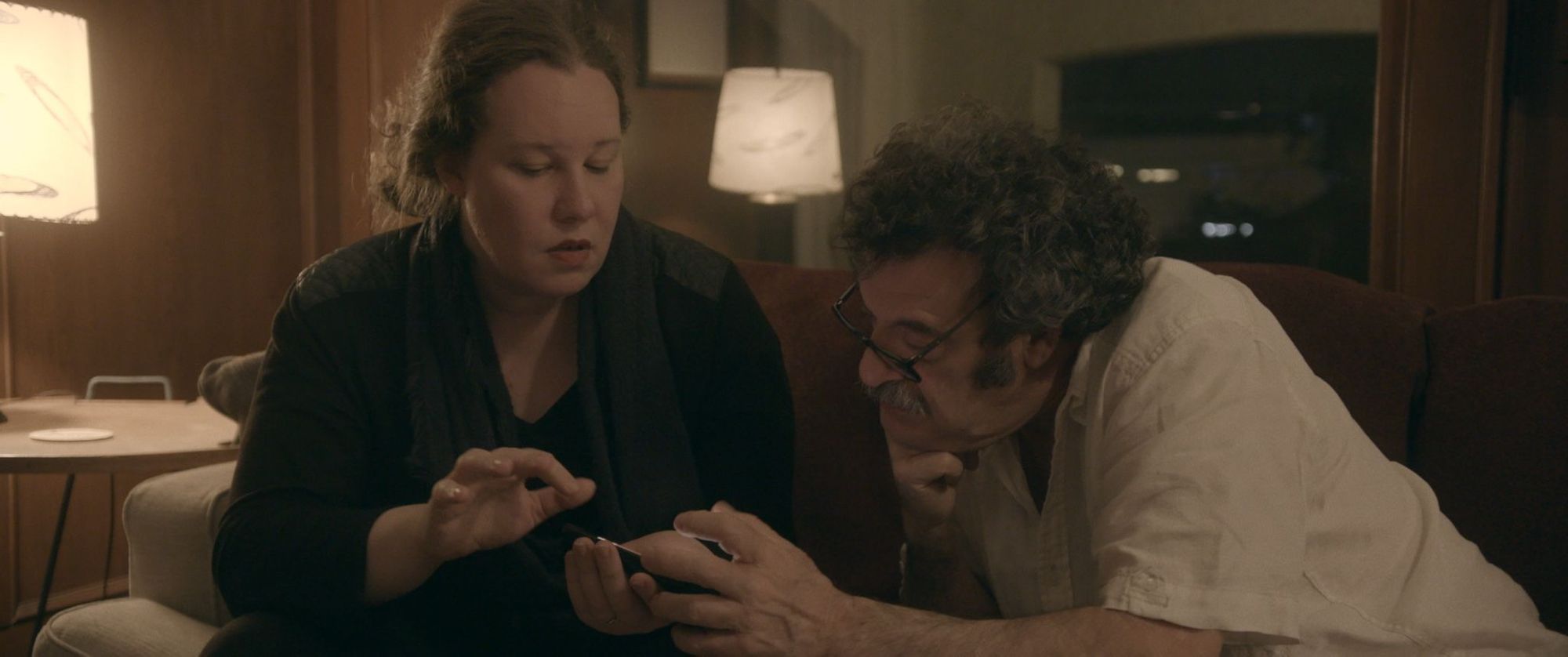
“Some people think the world of opera is this stuffy, dead medium. And here we have an opera singer playing video games in her off time to help her memorize. I thought that was essential to include. Little moments like that humanize folks.
“I didn't know that Tobias was going to be as prominent in the story until the first week of filming. When we shot that scene in the restaurant between him and Lucia, I turned to the producers and knew I could make the film I wanted to make, and that Tobias was going to be a huge part of it. Because it's this interplay between the two—the mentor and the mentee. It's one person at the beginning of their career and another at the end of theirs. The ying and yang.
“Throughout the filming, you're wondering, is this guy using her or is he advancing her? I wanted to play with that throughout the film, to leave the audience questioning his motivations. Everyone has their own point of view and different agenda.
“There comes a point in our life when we get to an age and see a little less in front of us ... And it's about what are we going to leave behind. For Tobias, that's about advancing the rights of people—rights, as a gay man, he didn't have when he was her age.”
“Switching back and forth between gender shows how silly these little boxes are.” – Lucia Lucas
Tobias' choice of Don Giovanni as the opera Lucia would sing intrigued her. To play one of the most chauvinistic, complicated men—sometimes dressed as a man, sometimes a woman—required mental shape-shifting. Lucia wanted the audience to love him, and hate him, and hate that they loved him. When you're writing and creating characters, that's exactly the kind of character you want to bring to life.
“Choosing Don Giovanni is a fascinating choice to me, because that also is a kind of multi-layered character who's very complex, especially within a modern dialogue with #metoo, and all the various social movements happening right now. I took that multi-layered approach for the documentary also because Don Giovanni was a character in the film just as much as Lucia was, just as much as Tobias was, etc. It's about someone who presents themselves in society as one thing, and there's something else behind closed doors. That was essential to that storytelling process.
“But I didn't know any of those things walking into this, because I didn't know the story of Don Giovanni. I didn't know much about opera. When the producers called me in 2019, asking if I was interested in doing this film, I told them, thank you, but no, because I know nothing about opera. But on the third call, they finally convinced me that … I would bring a different approach to it, kind of look at it with fresh eyes and a different kind of curiosity than somebody who really knew that world.
“Sometimes you should take the risk. The thing that makes you nervous is usually the thing you should try to do.
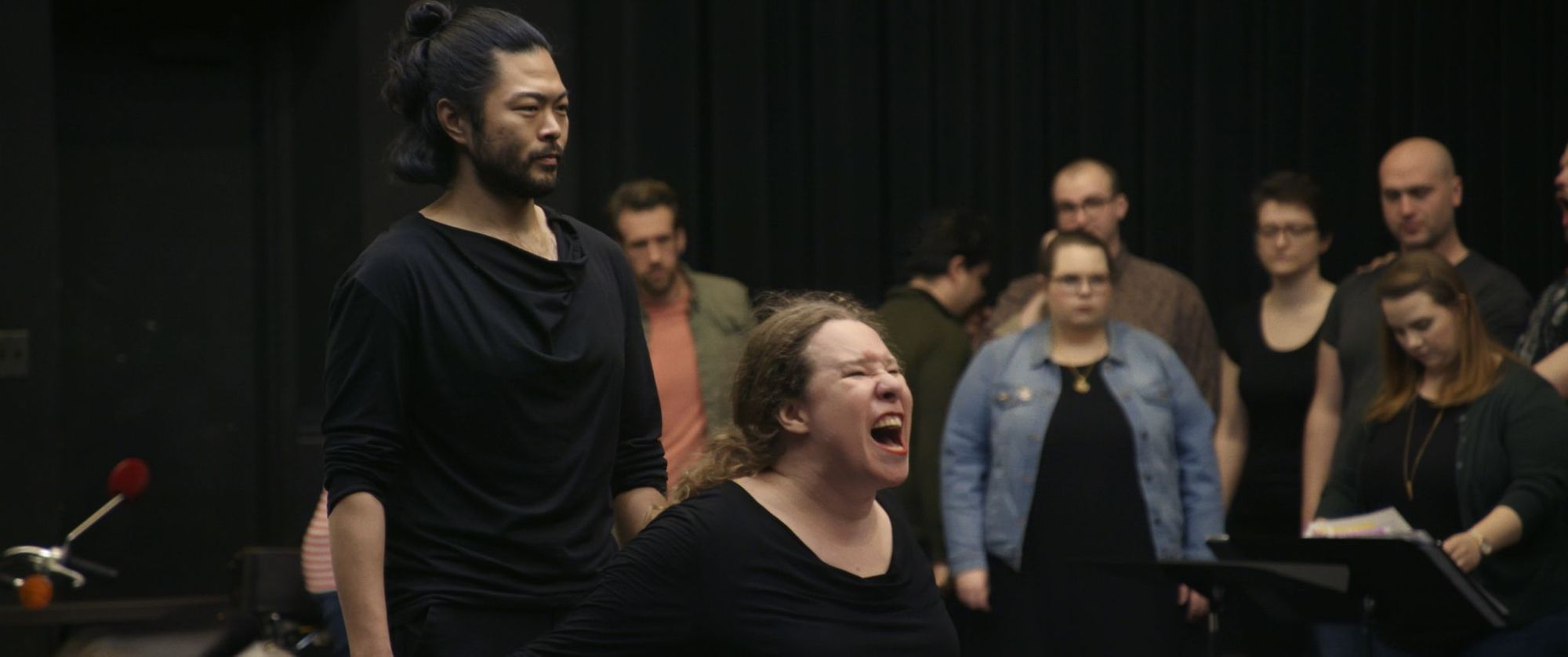
“This dialogue Lucia has in the film with Tobias about how they are using this identity to bring in an audience: Is this good? Is this bad? Are we being exploitive? I thought that was a valid conversation. Because again, I don't know if I've heard that conversation very much in media, in the context of how we're talking about identities and representation. They say we need representation. But is there a line in which you're using it for the wrong reasons, as opposed to using it for the right reasons? I thought that was an interesting question to look at.”
Instead of hiding that question behind the scenes, James brought if front and center, exposing the elephant in the room, with honesty. Once you see the film, and Lucia peels away the layers of her life, revealing an incredibly honest and authentic self, it all makes sense. Of course, it was an open discussion. I can’t imagine her having it any other way. James’ hope is that those honest dialogues will spark new thoughts and enable people to continue the conversation.
“I never had quick success in my career. Everything I built is piece by piece.” – Lucia Lucas
Many artists focus solely on their craft and resist the business side of the industry. Lucia firmly states that singing is not her job—that her job is traveling, trying not to get sick, and meeting people. James embraced her philosophy and showed her leaving the opera house, tirelessly marketing. Even handing out flyers. She believes she can’t connect with people on stage if she can’t connect with them enough to get them in the seats.
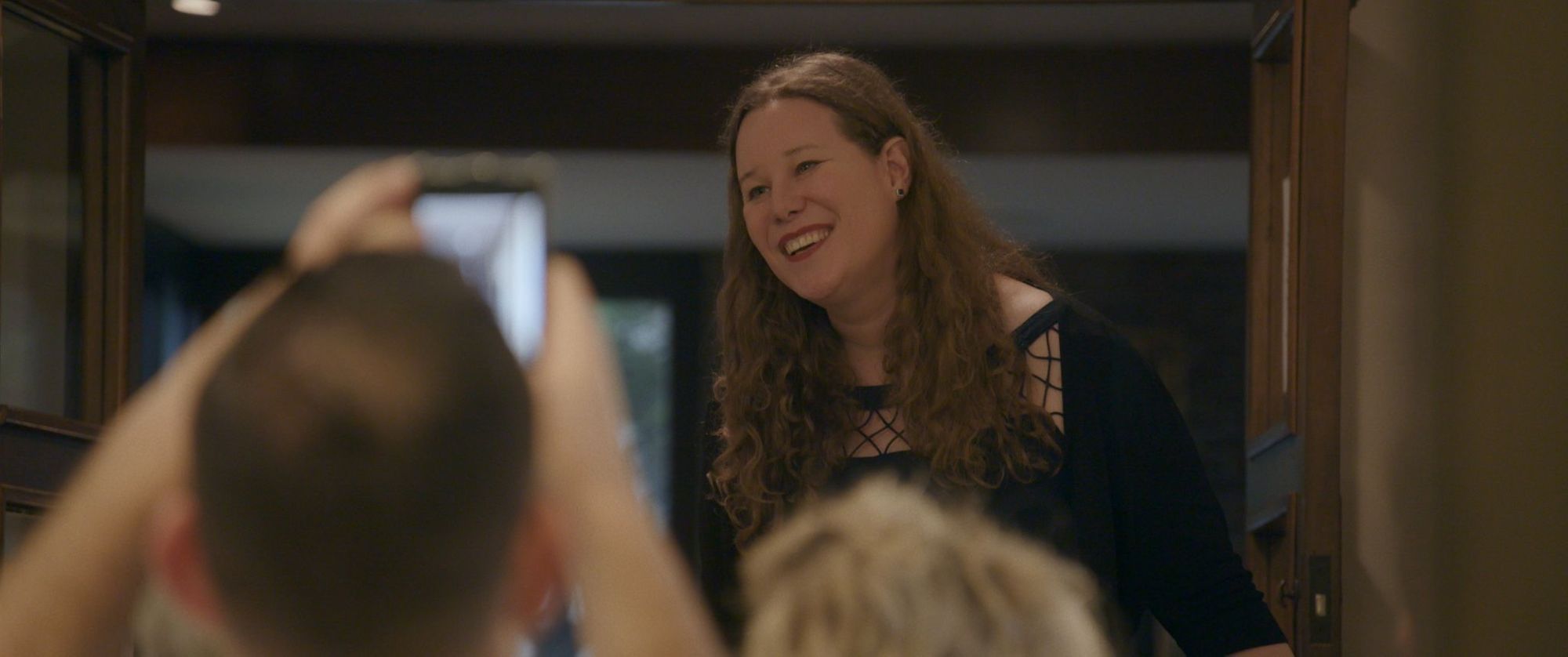
“It's not just being on stage; it's not just making a film; it's not just writing an album; it's not just writing a screenplay or a book. It's about all that other stuff. [On a new project] I kind of walk in with a general idea about what I want to do. And then as we're going through the process, I try to follow the story as it's happening. And then say this is the direction I think we should go. And for me, on day six, I knew the direction of the film would also be about the sales process. How do we sell this opera? How do we put this on? How does it get impacted by identity, and how we're using identity, and how we're marketing it? That opens up the door to all kinds of discussions.
“The biggest surprise for me is there was no hellfire and brimstone. People talk so much about red states and blue states now. I think sometimes we just want places and people to be one thing or the other. And that's not true. Places like Tulsa can have something like this occur just as much as it can happen in New York or London or wherever else. All those preconceived notions that you're expecting—protests and picketers—that didn't happen.”
“Self-doubt need not be an animal adversary, but can be trained and kept as a useful pet,” Tobias stated.
“For what?” Lucia asked.
“To make you always try to be better. Not feel that everything you write is a masterpiece.”
In documentary filmmaking, the trick is getting those pure moments, even if it takes countless hours of filming to achieve, and the dialogue between Lucia and Tobias brought that raw emotion to the front.
“I just film until they forget they're being filmed. For example, that one scene [in the restaurant] was a two-and-a-half-hour dinner shoot, and you only see five minutes of it in the film. But there comes a point in filming where you have to build the subjects' trust, otherwise, they're not going to open up to you. And then once you've built that trust, then they have to forget they're being filmed. If you let the subject talk, they will start talking genuinely and stop performing for the camera. They’ll give you something truthful. Just follow the story, listen to the subject, and evolve it in real time as you're going. Which is different than writing a screenplay.
“I don't want them to perform for me, I want them to react.”
“I did what I wanted to do. I wanted to make a connection with individual people.” – Lucia Lucas
It’s what all artists want: to find a way to connect. As a director, one must reach out enough to build that bond, but not so much that you lose objectivity or focus.
Digging through endless footage, continuing to ask himself what the core of the story is, James’ first cut was three hours.
“The first challenge was structuring everything around widening stages. The first act, Lucia is on the smallest stage. The second act, the stage is slightly bigger. And the third is the big stage. I structured each interview and each line of questioning for her in the hopes that we would never go back to any of those smaller stages. This storytelling choice emulates something about her career—that life imitating art thing. We start out on a small stage, and if we're successful, it gets bigger, and bigger, and bigger. That was a risk I took in the filming process—if I needed something from interview one or two for interview three, that ruins that entire structure. If it didn’t work out, I had no one to blame but myself. But the risk was worth it.
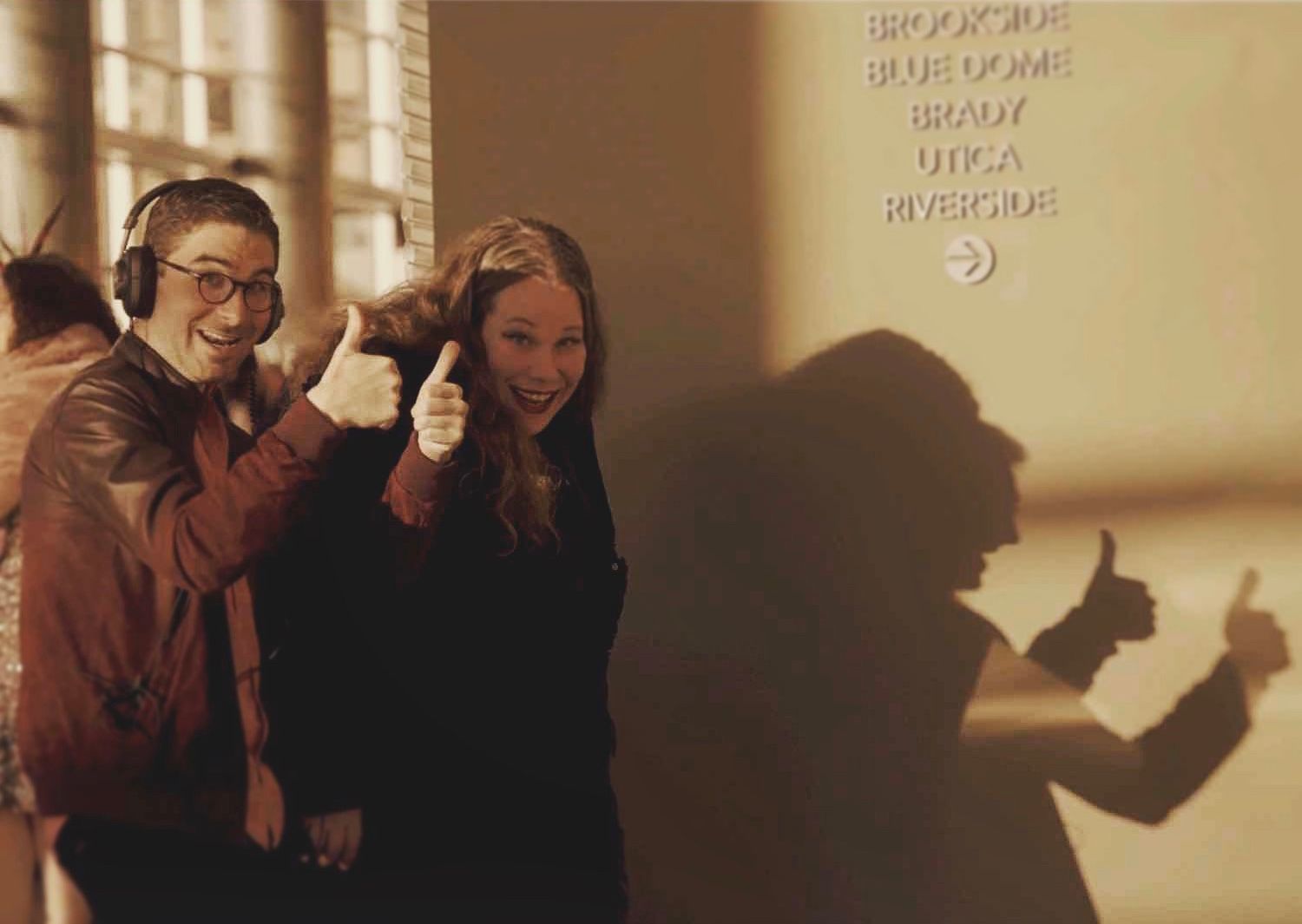
“I’m just trying to do the best version of my art that I think is interesting and thought-provoking, no matter who you are.” – Lucia Lucas
James is a pay-it-forward guy, mentoring young filmmakers who almost always ask how to get attention on their work. Lucia has those same questions about her performance as Don Giovanni. James explains how he advises those young filmmakers:
“If you can't advocate for your own work, nobody else is going to do it, especially at the start of your career. What you really see with Lucia, even though she's having this moment where there's going to be all this press, is if people don't show up in Tulsa, all that other stuff isn't going matter.
“When you're starting out in film, you have this idea in your head that if I can only get to the top of this mountain, everything's going to be great. The thing that I've learned is, it's not about getting to the top of that mountain—it's about getting to the top of that mountain and seeing a whole other group of mountains ahead of you that you've got to get past, too, and doing it. You make work, you meet people, you make some projects, you don't make others, you develop things that don't go forward and things that do. And you just have to keep climbing the mountains.
“If you're not finding ways to simultaneously advance the work while also paying the bills, you're not going to get there. Sometimes we can be too precious about the jobs we take because it's not the thing we want to do. Sometimes you need to take that job you don't want so you can do the thing you want to do later. I think when people fall out of the film business, it's usually because they're not willing to do the work, they're not willing to wait, or they think it's taking too long.
“You can make the best film in the world, as Lucia says about opera, but if you're just doing it in your living room, nobody's going to know. So you've got to get out of your living room. And once you get past that living room, you have to recognize that sometimes your work is going to be effective, and sometimes it's not.
“This film could be an epic flop—I have no idea. But I did the best work I could and put it out there. And if it does well, I'll probably get new opportunities. If it doesn't do well, I'll probably have to figure out what to do next. You have to learn the skill to be able to do it, move on, and try again.”
“Remember why you’re here.” – Lucia Lucas
James is mindful that he’s representing someone’s real life. It’s not a game. His subjects will live with the results of his work and an audience’s perception of his interpretation of their world. When he’s in the editing room, that fact weighs heavily.
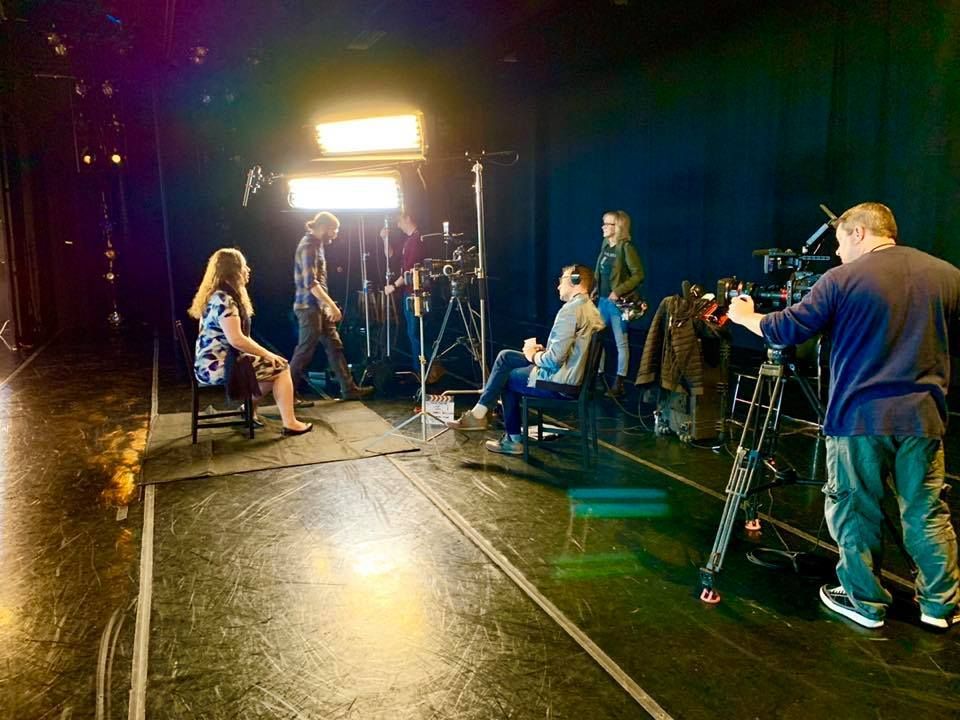
“The choices I make will impact real people in real life. That’s different than a created character. Is the representation that I'm providing of this person fair to who they are?
"There are moments when you film documentaries that can be very dramatic and heated. Is that something that I have to have in my narrative? Is it something that advances the plot? Is it something that's true to the person? If I can't answer all three of those questions, I don't need to put it in. Because this is a real person who has real-life consequences of the actions that I take. In this case, I was capturing 30 days of their life. Thirty days of my life captured, or your life captured, may be very different than something that happened for the other 11 months of the year. So, your relationship with them is kind of built upon that moment in time … that doesn't mean it's the totality of who they are."
Through tears, Lucia states, “I make my art for me … your art has to be for you. You can’t make other people like you. You can’t live your life for other people. I tried. It doesn’t work.”
My therapist always said to pay attention to what makes you cry. I paid close attention to Lucia in moments of composure and moments of vulnerability. James’ structure helped us gradually see her veneer crack. I held my breath, aching for her success, not just in opera but in her hopes to bring her family together. But what if the opera failed? What if her father never showed up? (You’ll have to watch to find out—no spoilers.)
As Robert McKee says, a character is defined by how they behave under pressure. This isn’t just a film about the first transgender woman to play Don Giovanni in an opera house in Tulsa, Oklahoma. This is about a complex woman—a friend, an artist, a champion, a mentee, a mentor—and a stage for her to bring all those sides of herself together for healing.
And we have the honor of watching her live her life in authenticity. Even if we're only a witness to 30 remarkable days.
“I want them to feel.” – Lucia Lucas
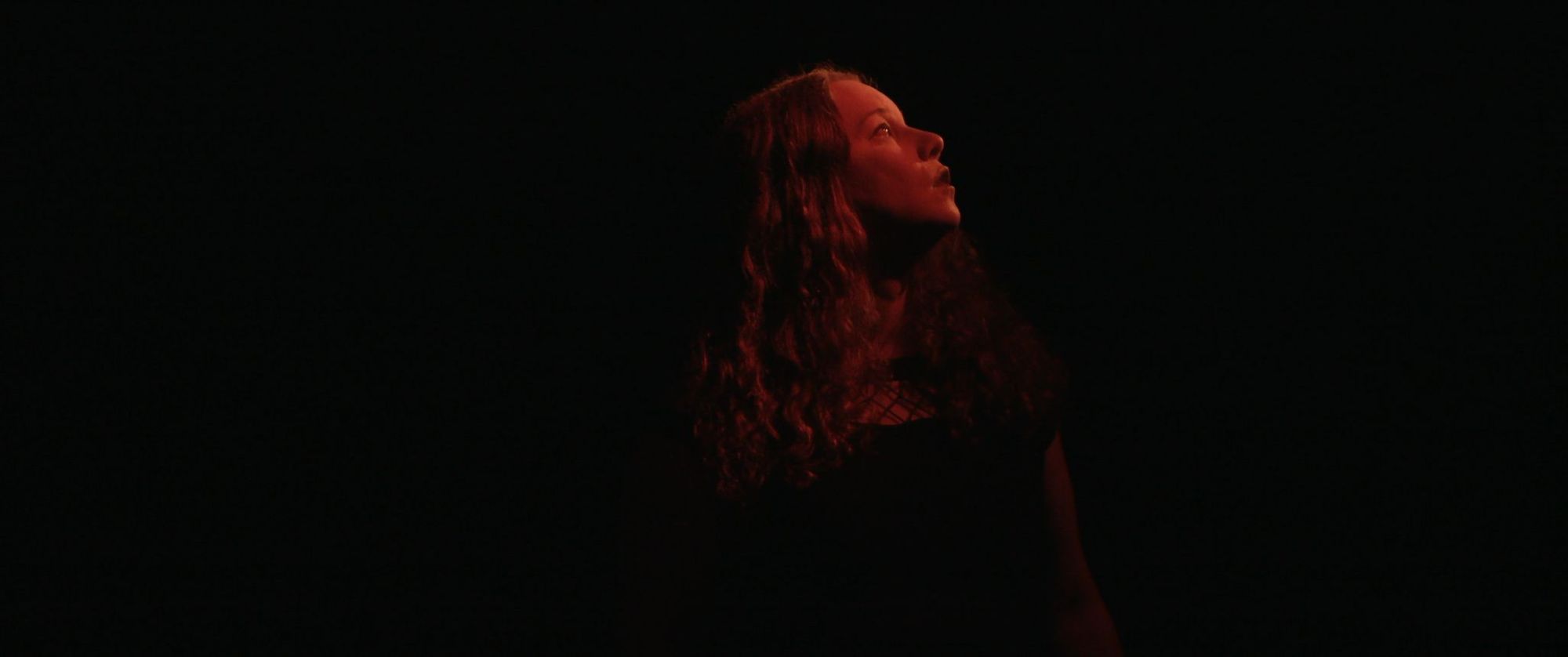
Rent or Buy The Sound of Identity starting June 1 on Apple TV, Amazon, GooglePlay, and other streaming platforms and pay-TV operators (including Pride Month celebrations on Cox and Charter).

The full, in-depth interview with James Kicklighter is available on our YouTube channel.
*Feature Photo: James Kicklighter / Casey Nelson Photography.